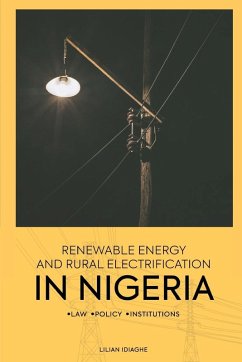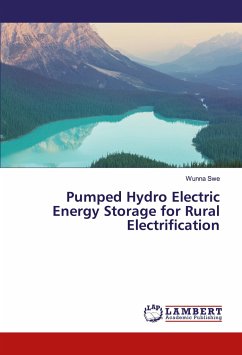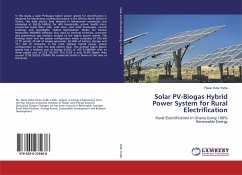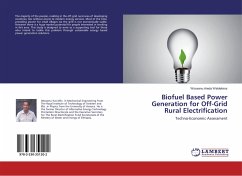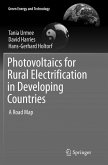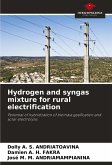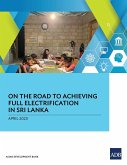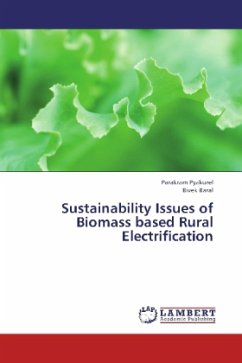Projected by the United Nations to become one of the six most populous nations in the world by 2050, Nigeria is home to the largest share of Sub-Saharan Africa's millions of unelectrified population. Nigeria's liberalised electricity sector rests on a decentralised governance structure embedded in law and policy. The top-down approach in practice, however, creates opportunities for more participation and deployment of decentralised renewable energy options. The book has three main parts, offering a comprehensive overview of the renewable energy and rural electrification landscape in Nigeria. The first explores conceptual frameworks underpinning universal access to electricity and the emerging discourse in the global development agenda. The second presents critical analyses of legislation, policies, and institutional roles in the sector. The third contains lessons from cross-jurisdictional models and practices, and the approaches to technology and governance that have delivered varied results elsewhere. Anyone seeking comprehensive understanding of both concept and practice of renewable energy and rural electrification in Nigeria, multidisciplinary practitioners who want in-depth analyses of relevant laws and policies, and researchers and students looking to advance the frontiers of the subject will find the book an indispensable resource.
Hinweis: Dieser Artikel kann nur an eine deutsche Lieferadresse ausgeliefert werden.
Hinweis: Dieser Artikel kann nur an eine deutsche Lieferadresse ausgeliefert werden.

